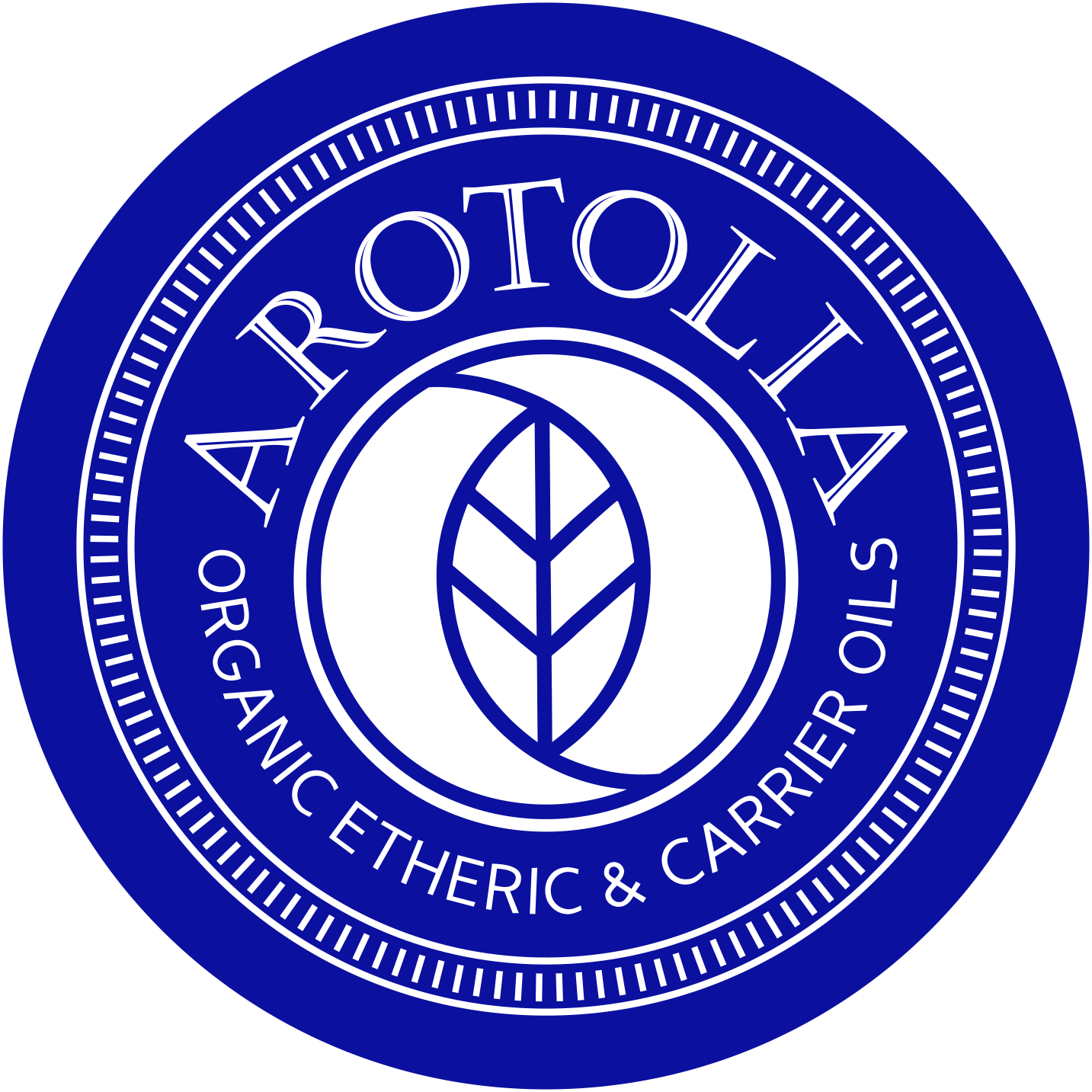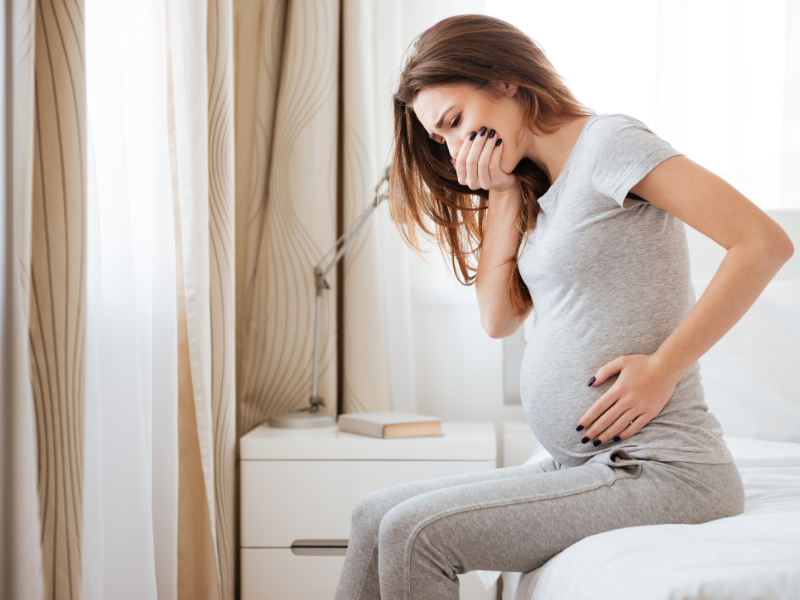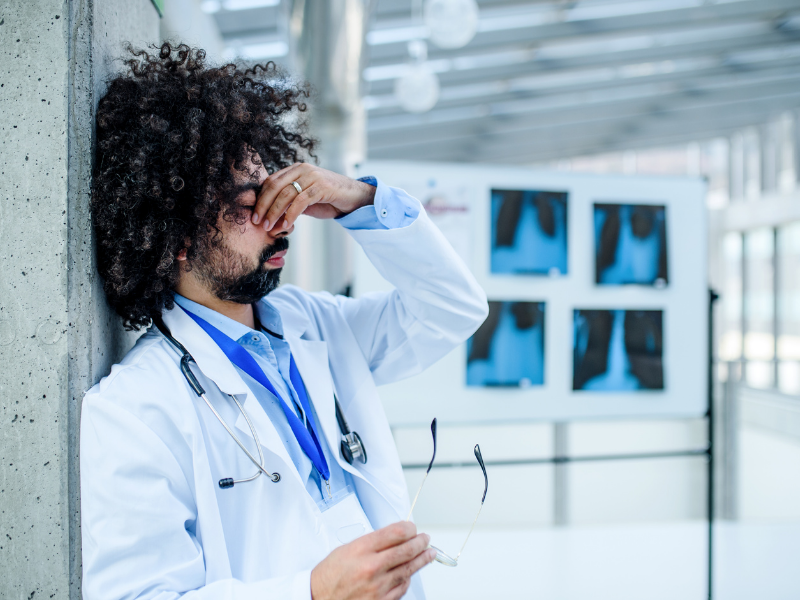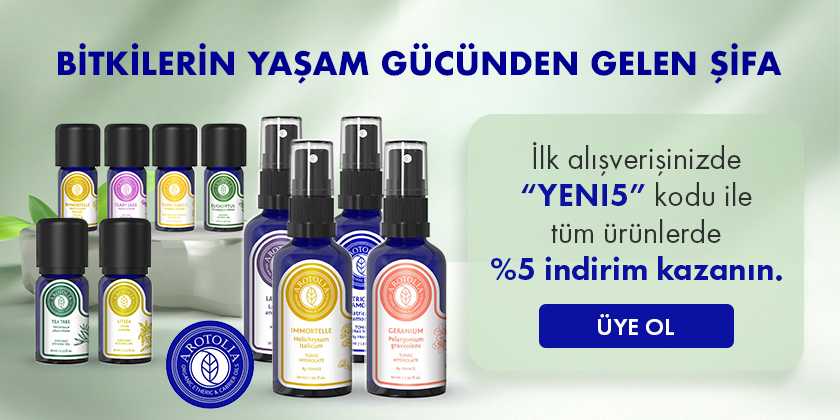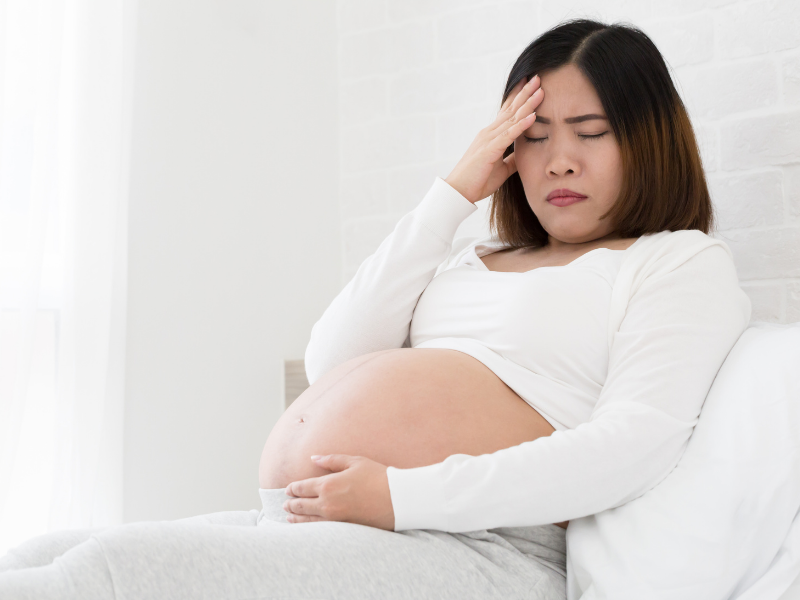
Anxiety and Aromatherapy During Pregnancy
In the first 3 months of pregnancy, because of adapting to the physical and psychosocial effects of pregnancy, a
Anxiety up to the point is very normal. But body image, which changes as pregnancy progresses,
stress level due to many reasons such as stress at work, financial concerns, social factors
may increase. Pregnancy coinciding with the period when prenatal screening tests are performed.
At 18 to 32 weeks, the stress level may intensify. Screening tests are especially relevant to the fetus.
It is done to check for abnormalities, which can trigger the mother's anxiety. made
Research shows that the intense stress experienced during pregnancy is mostly caused by the fear of giving birth, losing the baby,
It is caused by factors such as lack of moral support, unrealistic job expectation.
is showing. Intense stress and anxiety can create anxiety in the mother that needs to be managed.
Anxiety is a psychosocial condition in which worry, fear, and anxiety are combined with physical symptoms.
defined as the situation. A UK study found that the mother's response to stress
causing physiological changes by affecting the autonomic nervous system and the endocrine system.
He says it's determined by the hypothalamus. Long-term unmanaged or ignored
Anxiety can have negative consequences.
Anxiety experienced before birth is related to the mother's HPA axis (hypothalamus-pituitary-adrenal
axis) is related. Before birth, the CRH hormone increases significantly. prenatal
anxiety also causes an increase in CRH. Due to this effect, it is very high
It is emphasized that anxiety can result in premature birth. of the HPA axis
Changes in functioning are linked to prenatal anxiety. Because
The intense stress experienced before birth causes permanent effects on the psychological development of the child.
it could be. In a study of 10,000 pregnant female participants (O'Connor et al.)
with advanced anxiety experienced in the last three months and
discovered a link between behavioral/emotional issues. According to this research
Antenatal anxiety reported from 32 weeks is severe in both sexes.
behavioral/emotional problems and anxiety in late pregnancy
found that it was significantly associated with hyperactivity/inattention.
Intervention as anxiety causes undesirable consequences for both mother and child
must be done. With aromatherapy massage, mother and baby can be used at the same time without any side effects.
relaxation is possible. The effects of a professional relaxation massage extend to the fetus.
Massage, with its effect on the parasympathetic nervous system, stimulates the production of endorphins and
It reduces the effects of pregnancy-induced hypertension by lowering blood pressure. Thanks to the massage
The absorption of essential oils used in aromatherapy by the skin becomes easier. aromatic oils
In the treatment of anxiety for many years, they reach the limbic system from the olfactory receptors.
is used. One of the largest studies with mothers (Burns et al.)
In this study, 8058 women in labor were given no harm to mother and baby by using 10 different essential oils.
He applied harmless aromatherapy. The effect of aromatherapy reduced fear and anxiety by 62%.
It also relieved physical symptoms such as pain and nausea. In another study
(Menella et al.) when pregnant women swallow garlic, there is a smell in the amniotic fluid.
change was shown. This is an indication that essential oils cross the placenta.
Researchers mean that this event poses a risk of toxicity (damage to the organism) to the fetus.
does not come. Conscious and safe use of aromatic oils has negative effects on mother and baby.
has no effects. On the contrary, it has an important place in anxiety management. (However, every
Since the story of pregnancy is different from each other, you want to apply during pregnancy.
Consult your own doctor for all therapies.)
SOURCE
Aromatherapy and massage for antenatal anxiety: Its effect on the fetus, Complementary
Therapies in Clinical Practice
